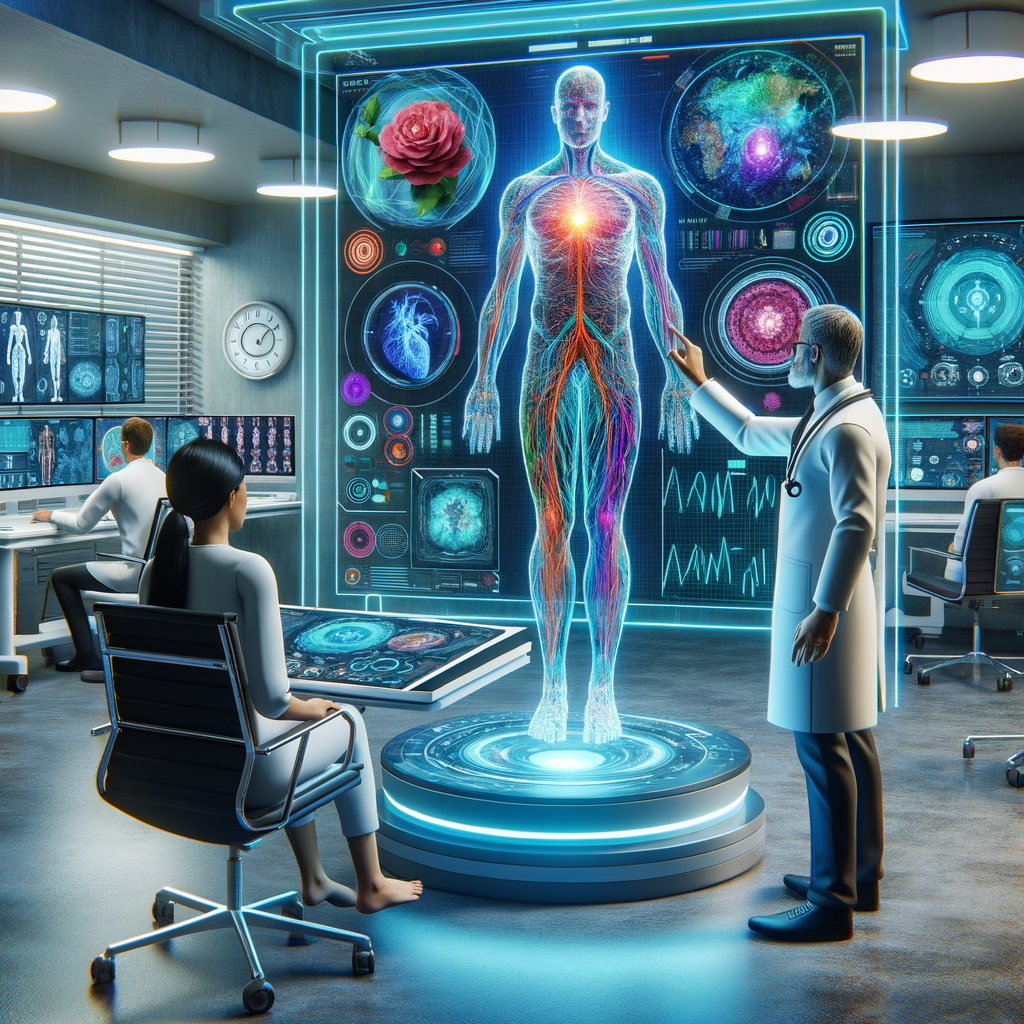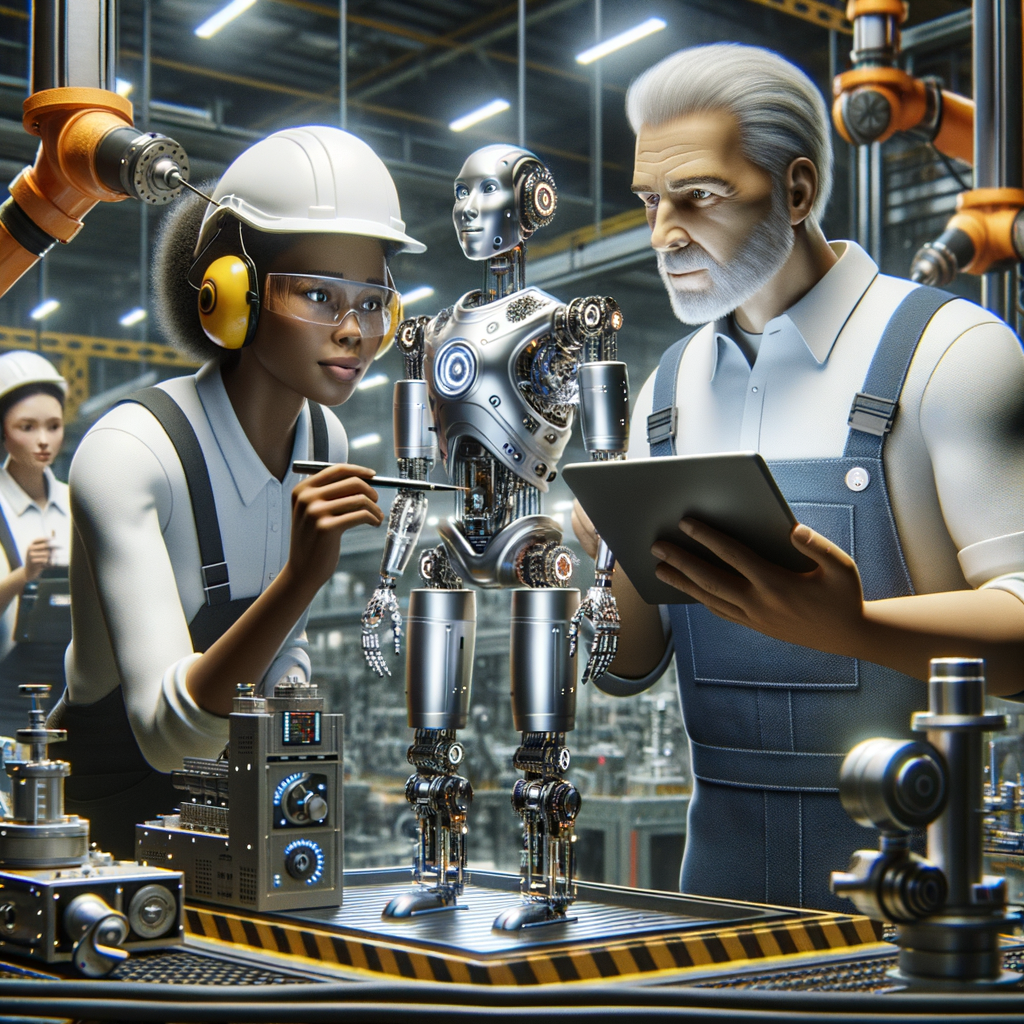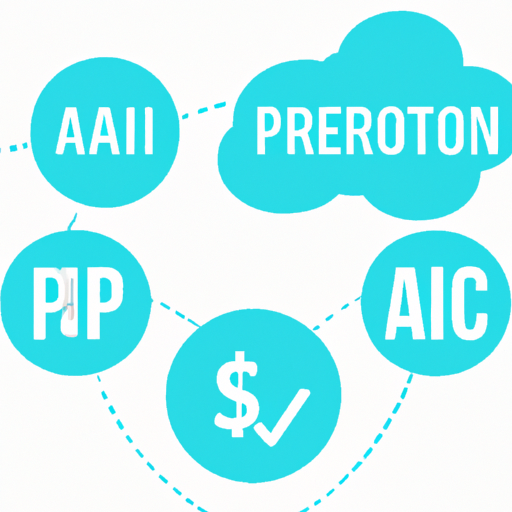In recent years, the integration of artificial intelligence (AI) into healthcare has emerged as a breakthrough trend, fundamentally changing how diagnostics are approached and implemented. AI-driven healthcare diagnostics are not just a niche development; they represent a significant leap towards improved patient outcomes and operational efficiency within the medical field.
The Rise of AI in Healthcare
As healthcare systems worldwide continue to struggle with rising costs and an ever-increasing demand for efficient services, AI technologies offer a promising solution. By harnessing vast amounts of data and sophisticated algorithms, AI systems can identify patterns that help in diagnosis and treatment planning.
Enhancing Accuracy and Speed
Studies have shown that AI-driven diagnostics can significantly improve the accuracy of disease detection. For instance, algorithms utilized in analyzing medical imaging have achieved levels of precision that rival or surpass human experts. This advancement is particularly evident in fields such as radiology and pathology, where AI tools facilitate the rapid analysis of imaging results, leading to faster diagnoses and treatment decisions.
Personalized Patient Care
AI diagnostics also enable a more personalized approach to healthcare. By analyzing a patient’s unique genetic makeup, lifestyle choices, and previous health records, AI can provide tailored recommendations for treatment, enhancing the potential for effective outcomes. This shift towards personalized medicine is helping healthcare providers offer more comprehensive care that meets individual needs.
Streamlining Operations
Beyond direct patient care, AI technologies are streamlining healthcare operations. Automated systems are reducing the administrative burden on healthcare professionals, allowing them to focus on direct patient interactions. Furthermore, predictive analytics powered by AI can help in resource allocation and managing patient flow effectively, which is crucial in today’s high-demand healthcare environment.
Challenges and Future Prospects
While the advancements in AI-driven diagnostics are impressive, it’s essential to acknowledge the challenges that come with these technologies. Data privacy concerns, regulatory hurdles, and the need for comprehensive training of healthcare professionals to use these systems effectively are significant issues that need addressing.
However, the future of AI in healthcare diagnostics looks promising. As technologies evolve and more healthcare organizations adopt these solutions, we can expect a new era of medicine characterized by improved accuracy, efficiency, and patient satisfaction.
Conclusion
AI-driven diagnostics stand at the forefront of healthcare innovation, offering solutions that not only tackle existing challenges but also open up new possibilities for patient care. As we embrace these technological advancements, the potential to transform healthcare is limitless.
Stay tuned to our blog for more insights into how AI and technology are shaping the future of healthcare and beyond.




